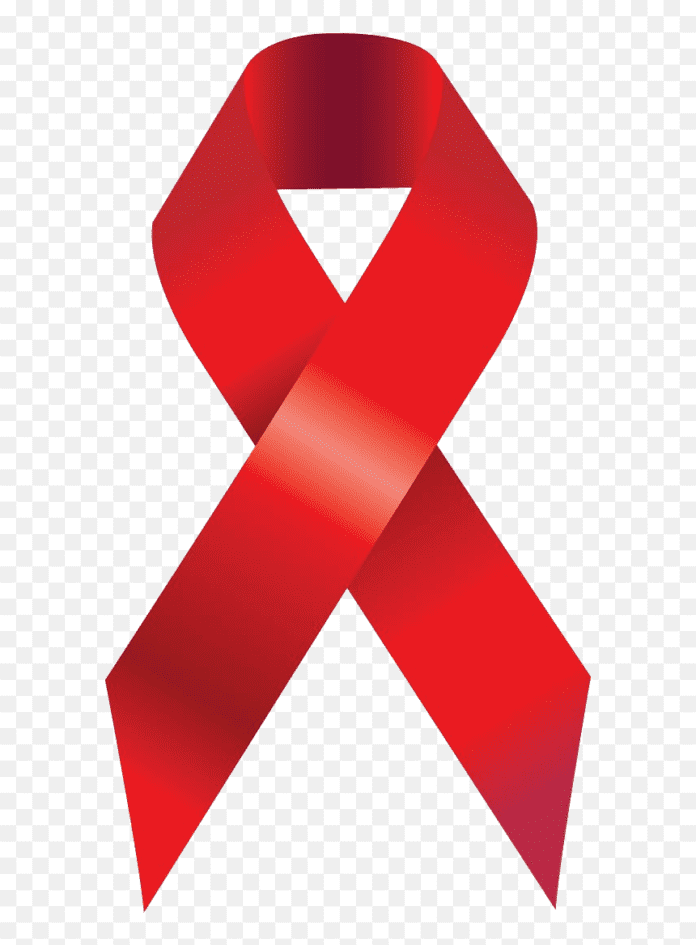HIV patients’ lives are in danger after healthcare facilities in Mpumalanga denied them access to ARVs and other medication due to a lack of transfer letters and other documentation.
This is according to a report compiled by the South African health advocacy groups over the past two months, looking into the state of the public health system in the province.
Titled “Ritshidze”, and compiled between April and May this year, the report is the initiative of the Treatment Action Campaign (TAC), Positive Women Network and other organisations in partnership with funders from the US.
According to the report, a follow-up to research done in May 2021 and June last year, HIV patients were denied access to lifesaving medication by medical practitioners in Mpumalanga because they (patients) did not have transfer letters and related documents.
It stated that 297 people interviewed by Ritshidze across Mpumalanga had been denied health services because they did not have a transfer letter — something not required in national adherence guidelines to start or restart ARVs treatment.
“Shockingly in Nkangala alone, 22% of respondents told us they had been denied services without a transfer letter — more than in any other district monitored by Ritshidze. Alarmingly 433 people also told us they had been denied services without an identity document. One community member explained,” reads part of the report.
“Key populations we interviewed had also been refused access to health services including 10% of gay, bisexual, and other men who have sex with men, 26% of people who use drugs, 11% of sex workers, and 13% of trans-gender people. A violation of the constitutional rights to health, equality, and human dignity.”
The report further revealed that the problem was rife in the Nkangala region, and that about 433 people were also denied services for not having identity documents.
Other issues raised by the report were negative and discriminatory attitudes of the nurses towards gays and lesbians. This, the report said, remained a problem.
“We are extremely concerned with the reports of people being turned away from clinics because of not having a transfer letter, or of being a migrant, or someone who uses drugs, or a sex worker, or from the LGBTQIA+ community.
“This is a violation of people’s rights. The province must urgently ensure that no one is refused services — and continue to be open to hearing the problems and taking rapid action to fix our clinics more broadly, so that everyone can access the HIV, TB, and other health services they need,” said Sibongile Tshabalala, from the Treatment Action Campaign (TAC).
A 27-year-old woman who preferred to be addressed by her surname only, Mashaba, said she was denied ARVs by nurses at a clinic in Bushbuckridge in September last year while on a visit to the area.
“I am originally from Nkomazi, near Malelane. There was a time when I visited my friend in Bushbuckridge and went to a local clinic where they refused to give the ARVs and I had to beg and be on my knees until they gave it to me,” Mashaba said.
“They said I must go home to get the drugs because I don’t have a transfer letter. I told them that I was only visiting for two months and after that, I will go back home. I think these nurses need to be taught how the constitution operates.”
Another patient, who spoke on condition of anonymity for fear of stigmatisation, agreed with Mashaba. She said nurses at Ermelo Clinic also denied her ARVs unless she produced a transfer letter, which she did not have.
“They said they cannot help me without the letter. I asked for at least a 1-month treatment, but they refused,” said the woman.
Mpumalanga Department of Health spokesperson Dumisani Malamulele conceded that some medical practitioners in the province had denied HIV patients medication because they had no transfer letter. He said nurses had a duty to help HIV patients with ARVs to ensure they did not default on their treatment regime.
“If travelling is urgent or not planned and their treatment runs out, they (patients) must take the empty containers of their treatment to the nearest health facility to request for treatment so that they do not default. If possible, based on the information from the patient, the health facility may call the facility from which the patient collects treatment to confirm the type of treatment the patient is taking,” Malamulele said.
He also urged nurses to assist undocumented patients. The healthcare centres should indicate in their register that the patients were undocumented foreigners to justify the additional budgets. “The patient is provided with the necessary treatment and care, regardless of the citizenship.”
Follow @SundayWorldZA on Twitter and @sundayworldza on Instagram, or like our Facebook Page, Sunday World, by clicking here for the latest breaking news in South Africa.



